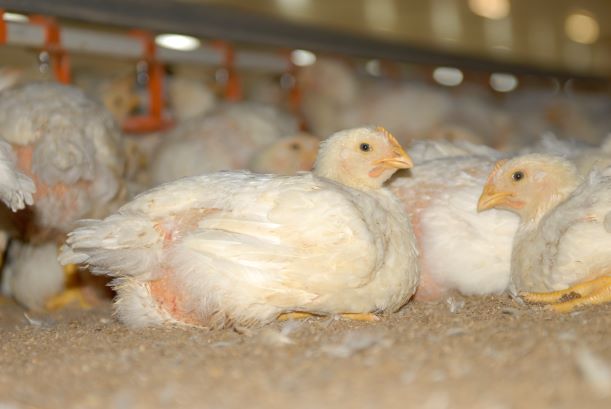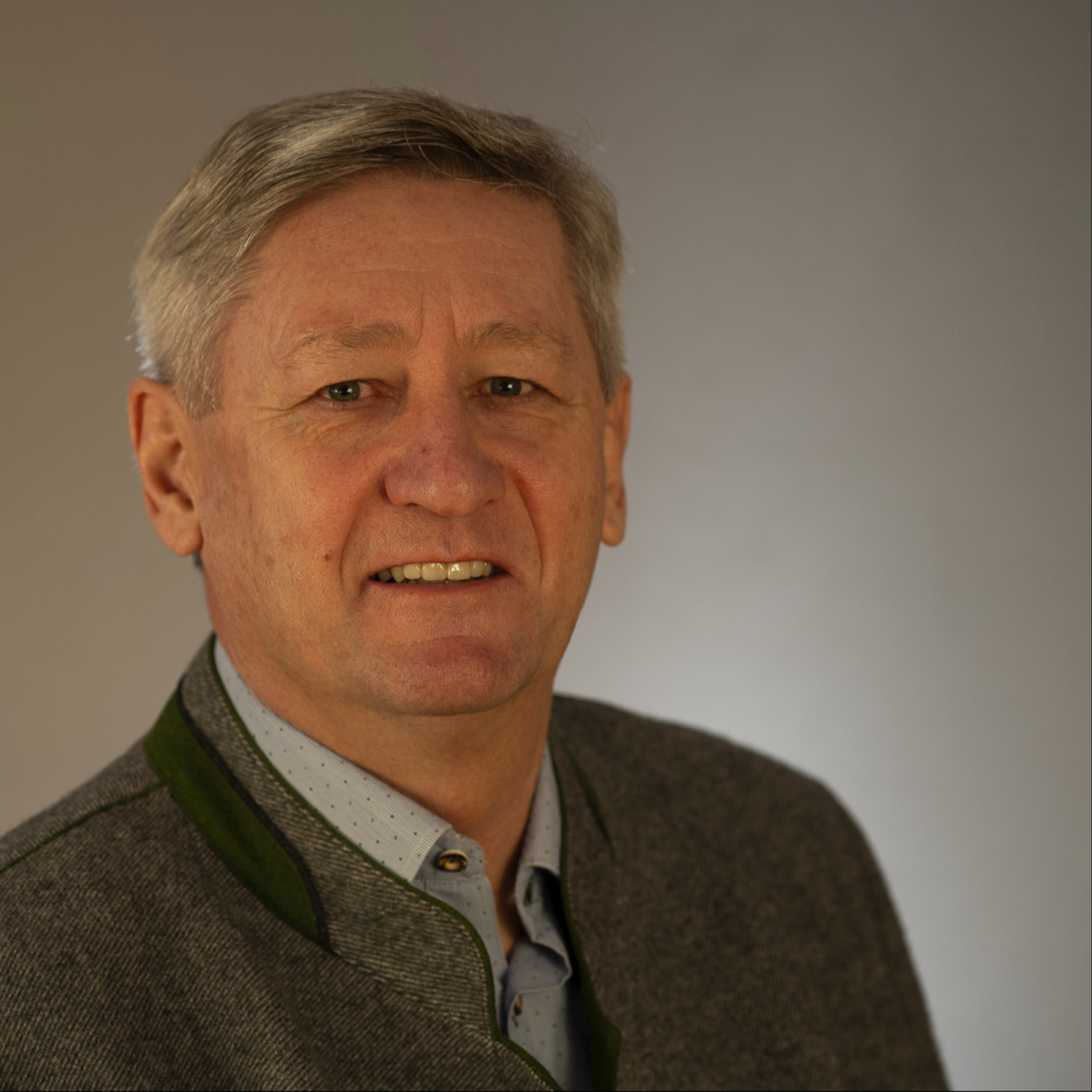In the meantime, it is not just years of delays in agricultural construction processes that have been observed - in Upper Austria, Styria and Burgenland there is also the possibility under construction law for the authorities to subsequently intervene in existing and approved stables.
In practice, there are various possibilities to influence the ammonia and odor emissions of fattening poultry - be it on the one hand by reducing the protein or by using ActiProt® as an alternative protein source (see final report on the EmiProt project, DaFNE No. 101024 /1) or by adding additives during feed production. This final report of the EmiProt II research project presents the results of the series of tests with feed additives from Jadis Additiva and Lithos Natural GmbH.
Before the widespread use of alternative protein sources or feed additives in practice, the poultry industry needs reliable knowledge about the effects of the components used. In the present series of tests with products from Jadis Additiva and Lithos Natural GmbH, potential influences on fattening performance (daily gain, final fattening weight, feed conversion), on the release of harmful gases (ammonia and carbon dioxide) and on the release of odors in poultry fattening were examined. Four fattening runs were carried out per test series.










